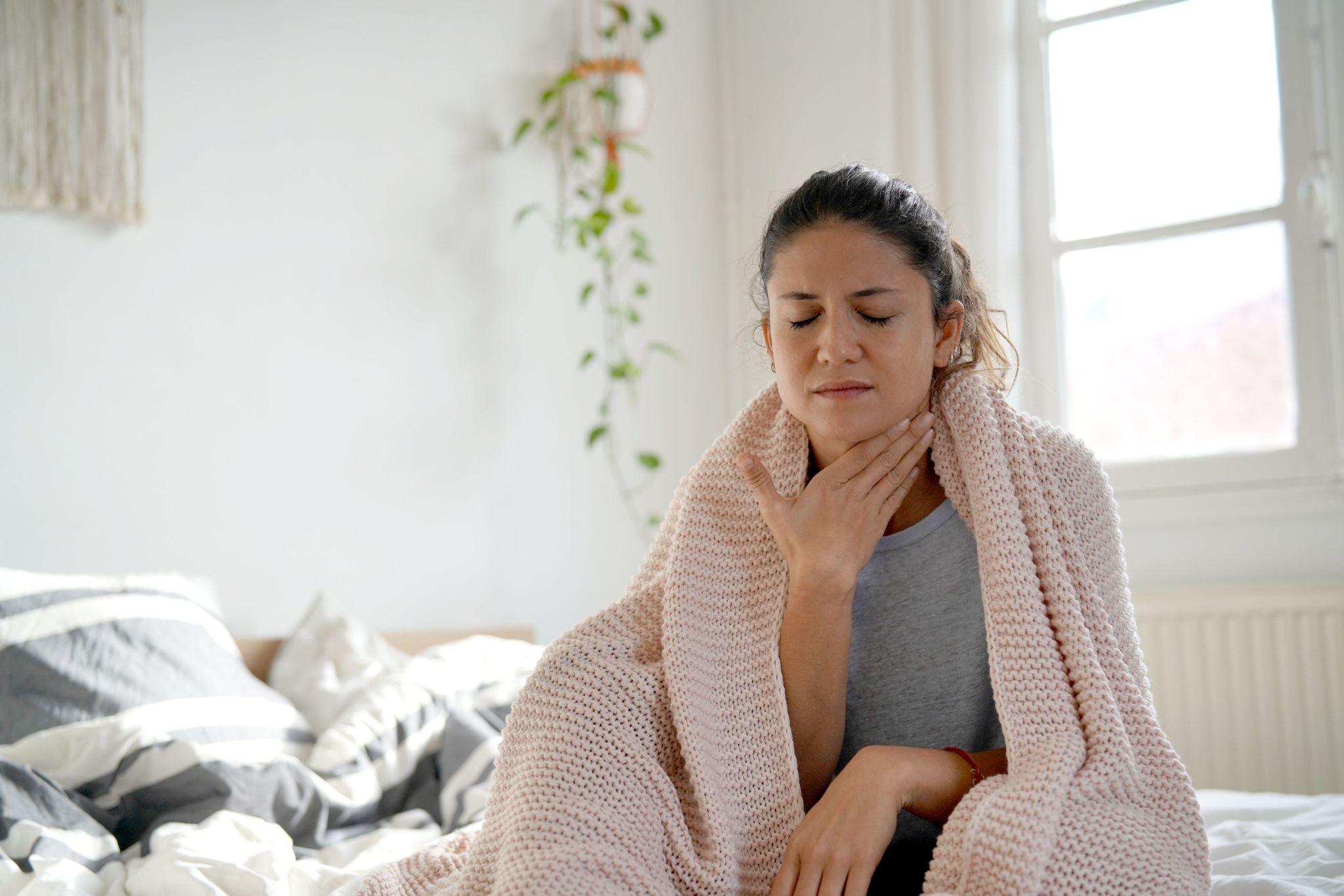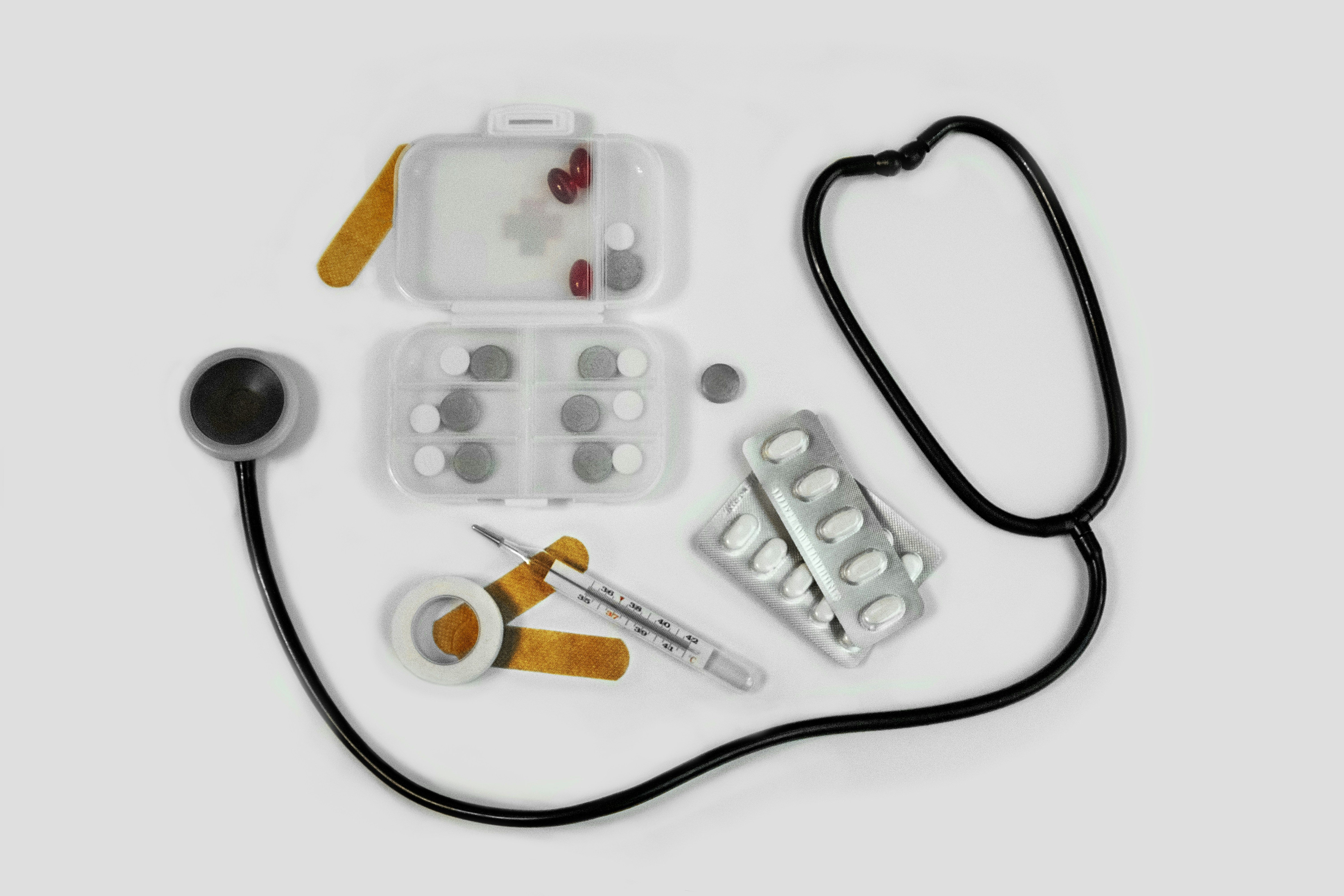Getting sick right before or during a trip can throw all your plans off track. Illness can make even a short journey exhausting, and being away from home often makes it harder to rest or get care. In general, it’s best not to travel when you’re sick, since traveling or flying when sick can worsen symptoms and increase the risk of spreading germs to others.
Sometimes, though, it happens—you start feeling under the weather after you’ve already left, or mild symptoms appear just as your trip begins. Knowing how to care for yourself, when to postpone travel, and when to seek medical help can make traveling while sick safer and more manageable.
Why People Often Get Sick When Traveling
Even the healthiest travelers can get sick on the road. Travel exposes your body to new environments, different germs, and physical stress. Here are the most common reasons people get sick while flying or during any kind of trip:
- Weakened immunity: The days leading up to a trip often involve less sleep, more stress, and disrupted routines, which can lower immune defenses.
- Exposure to germs: Airplanes, hotels, public restrooms, and crowded attractions are full of bacteria and viruses.
- Environmental changes: Your body must adjust to new climates, foods, and time zones, which can temporarily upset digestion or energy levels.
- Jet lag and dehydration: Flying long distances or neglecting water intake can make you feel fatigued and more vulnerable to illness.
When You Shouldn’t Travel Sick
Sometimes, the safest choice is to postpone your trip. Traveling while sick can make your symptoms worse and increase the risk of passing illness to others. Avoid traveling or flying sick if you have:¹
- A fever, flu, COVID-19, or a stomach virus
- Persistent vomiting or diarrhea
- Chest congestion, sinus infection, or ear pain that could be aggravated by changes in air pressure
- Severe cough, weakness, or shortness of breath
- Been advised by a doctor to rest or recover before traveling
If you’re experiencing chest pain, breathing difficulties, or any illness that makes it hard to stay hydrated or alert, seek medical care before continuing with your travel plans. Waiting until you’ve fully recovered protects both your health and those around you.
When It Might Be Safe to Travel Sick (With Precautions)
A mild cold or seasonal allergies don’t always mean you have to cancel. If you’re traveling with a cold, allergies, or other mild illness and your symptoms are manageable, you can often travel safely by taking a few extra precautions:
- Check with your doctor first
- Wear a mask in crowded spaces and on planes
- Wash your hands often or use sanitizer
- Get enough rest before and during your trip
- Keep tissues, lozenges, and over-the-counter medicine on hand
- Drink plenty of fluids and limit alcohol or caffeine, which can dehydrate you
Being cautious when traveling while sick helps you recover more comfortably and prevents spreading illness to others.
Pre-Travel Health Checklist
Preparing your health before your trip can reduce your chances of getting sick while flying or on the road. Before departure, make sure to:
- Check your vaccines: Make sure you’re up to date on flu, COVID-19, and destination-specific vaccines.
- Pack a travel health kit: Include fever reducers, pain relievers, motion sickness tablets, and basic first-aid supplies.
- Consult your doctor: Especially if you have chronic conditions or are recovering from an illness.
- Review your travel insurance: Know what kind of medical care is covered at your destination.
- Rest and hydrate: Build up your body’s defenses by sleeping well and drinking water before your trip.

What to Do If You Get Sick While Traveling
Getting sick while flying or during a trip can be stressful, but following a few steps can help you recover faster and prevent complications:
- Rest as much as you can. Even short naps can help your immune system fight off illness and speed recovery.
- Stay hydrated. Drink plenty of water, herbal tea, or electrolyte drinks to replace fluids lost through fever, vomiting, or dehydration.
- Avoid spreading germs. Wash your hands often, cover your mouth when coughing or sneezing, and limit close contact with others if you’re contagious.
- Consult a doctor if needed. If symptoms are persistent or worsening, seek medical advice to rule out serious infection and get appropriate treatment.
When to See a Doctor
You should seek medical attention while traveling if you experience:
- Fever lasting more than 48 hours
- Persistent vomiting or diarrhea
- Chest pain, shortness of breath, or dizziness
- Ear pain, severe sore throat, or worsening cough
- Any symptom that limits your ability to travel safely
When you’re far from home, an online doctor visit can help determine if you need urgent care or if your condition can be managed with rest and medication.
Frequently Asked Questions
Are you allowed to travel if you are sick?
It depends on how severe your illness is. Mild symptoms may be manageable, but contagious or serious conditions should be treated before traveling while sick to avoid worsening your health or spreading germs.
Can an airline deny you boarding if you're sick?
Many airlines reserve the right to deny boarding to passengers who seem too ill to travel safely. These situations are handled case by case, usually with health and safety in mind.
Can you go on a plane with a cold?
You can usually fly with a mild cold, but congestion may cause ear or sinus pain due to pressure changes. It’s best to rest, stay hydrated, and use decongestants or nasal sprays before takeoff if needed.
24hrdoc: Your 24/7 Travel Companion for Care
If you get sick while flying or start feeling ill before a trip, 24hrdoc makes it easy to see an online doctor anytime, anywhere.
Our licensed providers are available day and night, even on weekends and holidays, to treat common travel-related conditions such as colds and flu, sinus infections, allergies,motion sickness, STDs, food poisoning, and more. We can also help with prescription refills and provide medical guidance so you can focus on feeling better and getting back to your plans—no waiting room required.
Get care fast and start your online visit today with 24hrdoc.
Sources:
Healthline. Tips and Info You Need for Traveling When Sick.




